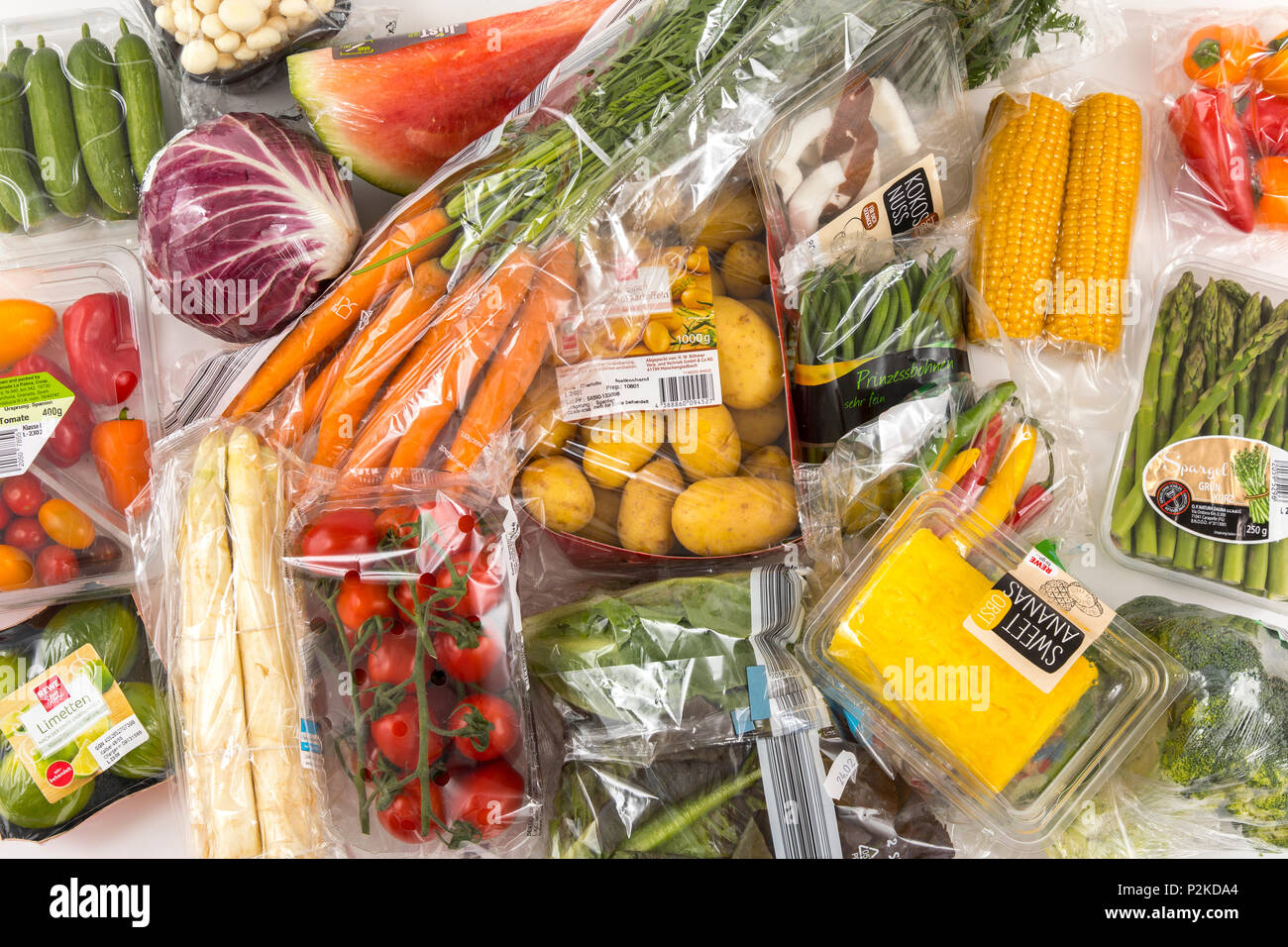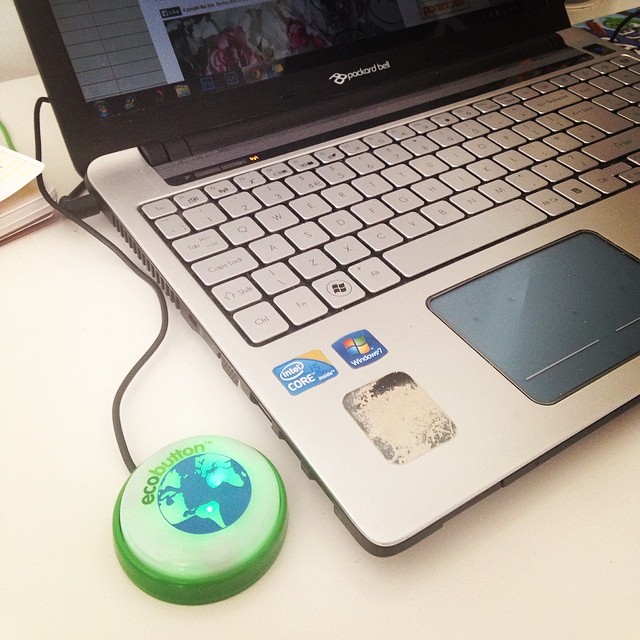Tips to Become a More Sustainable Student
As a student, I initially thought that a sustainable lifestyle was too expensive or too complicated to adopt. This advice is especially useful for students who are on a budget.
1. Recycle
2. Buy things made of recycled materials
Look for special signs in the supermarket saying that the product is made out of recycled materials. Buying recycled items like toilet paper often do not make a big difference in price. Also, look out for eco-friendly shops in your area.
3. Try to reduce plastic wrapped products
In many supermarkets there often is the possibility to buy products packed in plastic in a higher quantity, e.g. in a four-pack. Always ask yourself if you really need this amount of food. In most cases, you originally wanted to buy only one item and loose food, such as fruit, is often even cheaper if you buy it loose without packaging or at best at the local market.4. Use second-hand things
This also is a great option when you are trying to save some cash and it is a much greener than the consumerism that is encouraged by society. The most common item you can buy second hand are clothes. A visit to the second-hand shops in your area is always a good idea and you can often find some well-known brands. However, these are too expensive for many students, even second-hand. So-called "clothes swap parties" could be the solution. You can turn it into a real party with food and drinks and find some new clothes that your friends do not want anymore.Furniture is one of the most expensive consequences of moving into a new place. To save some money, you should look for local sources that give second-hand pieces for free or use platforms like ebay.
5. Embrace energy-saving computer settings
Laptops allow you to cut back on electricity use. Make sure you`re using these devices to their full advantage and close your laptop cover when you are not using it to preserve power. Also, don't forget to unplug your laptop charger when you are not using it.6. Try reusable products
This is one of the greenest tips for students is investing in reusable products like people did for hundreds of years. So try to use reusable bags when you go shopping and avoid plastic bottles and coffee mugs (they also are more stylish).7. Use eco-friendly transportation
The use of environmentally friendly means of transport is very accessible in most student cities. So try to switch to eco-friendly means of transport such as bicycles or public transport. And: Walk more! Walking is the cheapest and healthiest option from this list. This additional physical activity will be especially beneficial for students who spend most of their time at a desk.






Comments
Post a Comment